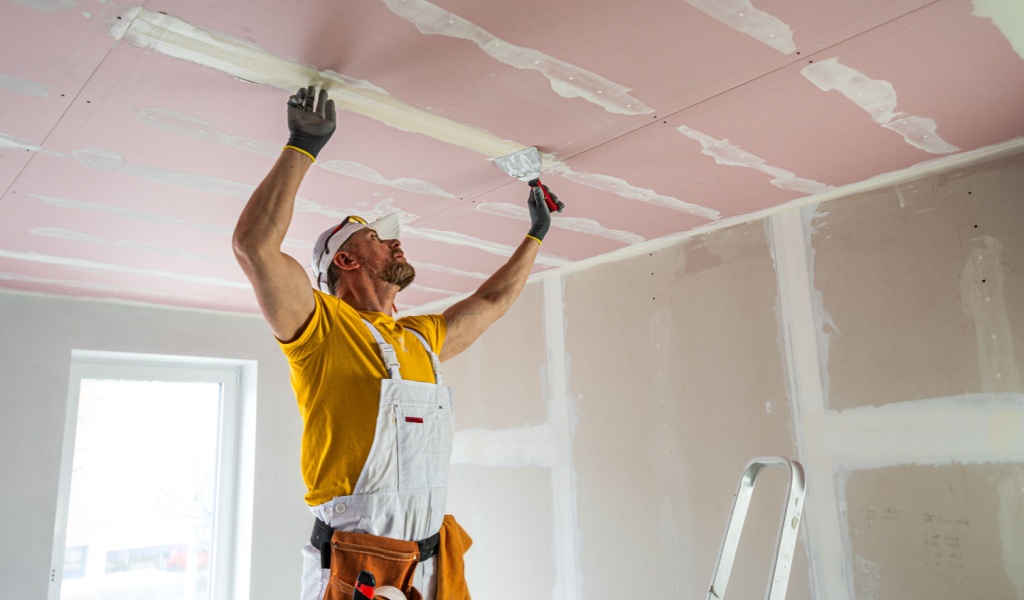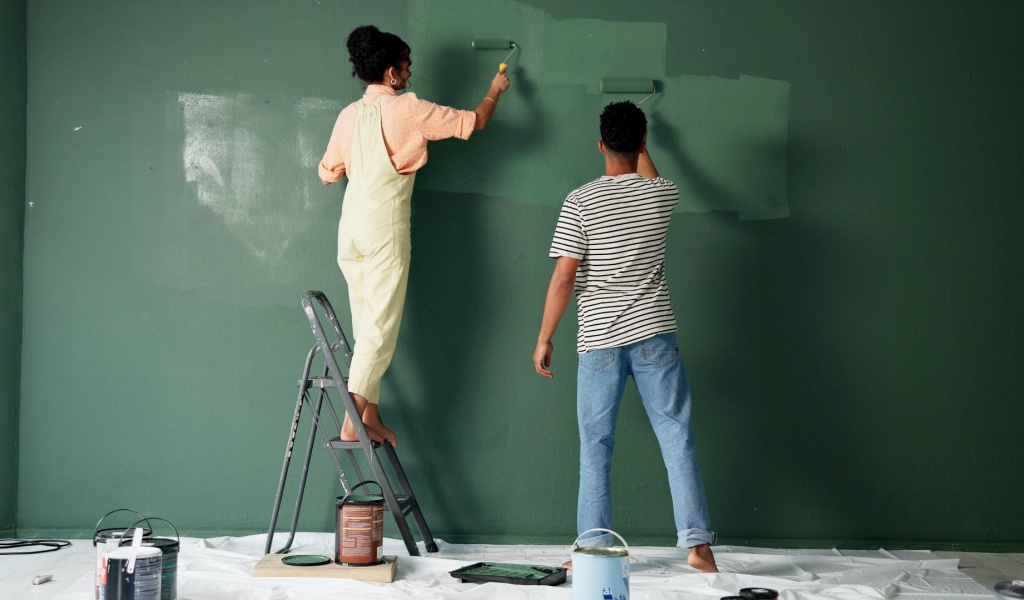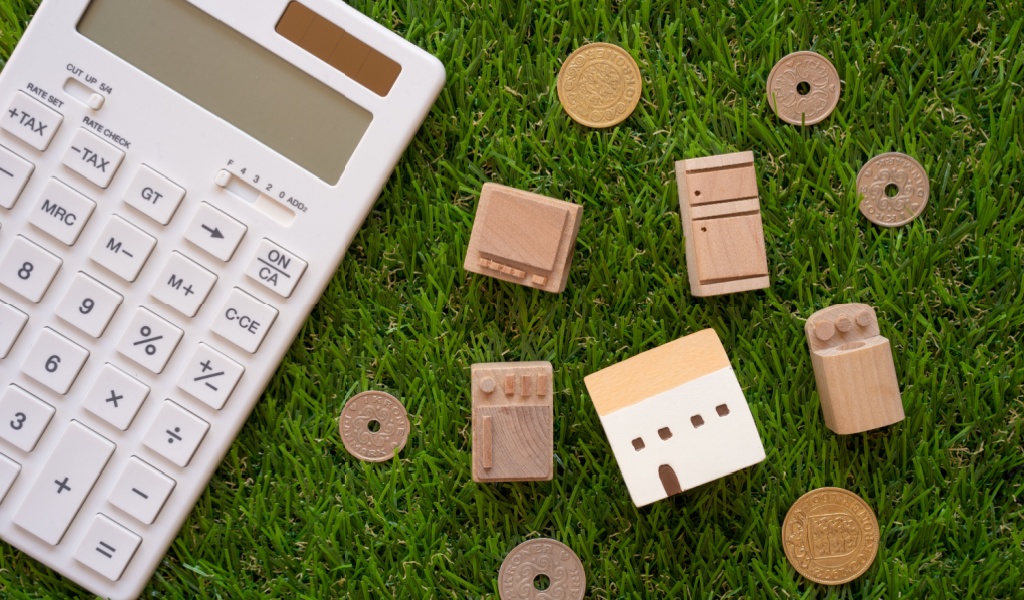The best part of owning a house is the freedom it gives you to make changes the way you want. Whether it’s making your backyard into an organic vegetable patch or knocking down your kitchen wall to open up more space, you are the boss. However, this freedom to experiment also opens up room for making lots of mistakes and decisions that could cost you, especially if you hope to resell your home in the future.

So while common sense may tell you that renovation projects will increase your home’s resale value, it doesn’t always mean that. While some home improvements can boost your asking price, others may yield a minimal return on investment, or worse, a reduced resale value.
Before you pick up the sledgehammer or book that contractor and start breaking ground, make sure you’re not making a costly mistake.
An All-White Kitchen
When it comes to paint color preferences among potential home buyers, a stark white kitchen can significantly impact the sale price. While white kitchens do look aesthetically pleasing, today’s buyers prefer dark and grey tones, such as graphite or charcoal.
Lavish Landscaping
There is no doubt that landscaping is a significant way to enhance curb appeal, and it can certainly attract potential buyers. So, if you want to recreate the Garden of Versailles, then great, go ahead if that’s what you want for yourself, not because you hope to recoup the money you spent on it once your house is ready to sell.
While a pleasant front yard or garden is desirable, elaborate landscaping can often deter buyers due to the effort and money required to maintain it. Those who are not blessed with a green thumb may look at your beautiful garden, with its flowering pots, sculpted shrubs, and pretty pond, and deduce that they cannot take on the challenge of maintaining it. On the other hand, if the person who buys your house loves to garden but doesn’t like your vision, they may want to start over, which means that the effort and money you put into landscaping becomes virtually nothing.
Installing a Swimming Pool
Whether a swimming pool will become an asset or a liability depends on factors such as the property’s location, the pool’s condition, size, and the local housing market. For example, for homeowners in Florida, Southern California, Arizona, and other similar areas, having a swimming pool will be a significant selling point. However, this isn’t the case everywhere.
In addition to the significant expenses of installing a swimming pool, the annual maintenance costs can deter many potential buyers. Additionally, homeowners with a pool have more stringent insurance requirements, which is another reason why people may choose not to invest in a house with a swimming pool.
If you plan to stay in your house for at least five years, installing a pool purely for personal use is acceptable. However, if you plan to sell your home, it would make more sense to invest in a membership to your local pool instead.
Converting Your Garage Into a Bedroom
If you’re planning to convert your garage into a bedroom or some other indoor-only space, think twice before doing so. Bedrooms are essential, but you don’t have to sacrifice a garage to create one. Listings that mention garages have a higher sales premium. Since parking is generally tight in urban areas, homes that allow safe parking have a competitive edge in the housing market. Moreover, a garage can also serve as a convenient storage space.

High-End Fixtures
You probably dream about living in a house where every possible electronic device you need is already built in. While this may sound appealing, committing to this kind of renovation can significantly reduce your home’s resale value.
For example, your personal movie theater may be great. Still, a potential buyer might want it remodeled as soon as they move in. Moreover, technology is advancing rapidly, so what you see as cutting-edge electronics today can quickly get outdated.
If you want high-end electronics in your home, ensure that they are for your pleasure, as they may not significantly impact your resale value.
Poorly Done DIY Projects
As they say, anyone can DIY, but this doesn’t mean everyone should. If you plan to DIY something, such as installing a hardwood floor or tiling a bathroom, know that you most likely won’t be able to execute it with the same finesse as a skilled tradesperson would.
Don’t undertake a DIY project unless you have the necessary skills to tackle it. Otherwise, you may end up spending a significant amount of money on materials only to achieve a poor outcome that potential buyers would perceive as unattractive.
A Bathroom Remodel
This is probably one of the most expensive home renovation projects you will undertake. What you see as a simple bathroom remodel can cost thousands of dollars, which would likely not recoup its costs when you sell your house. The more luxury elements you add, the lower the return on investment.
Ornate Lighting Fixtures
Lavish light fixtures can be costly, but they may ultimately decrease the value of your home. While these ornate fixtures can look grand, it’s not the vibe most people want in their homes today. Instead, your money would be better spent on modern lighting styles with sleek designs. Upgrades such as recessed fixtures, task lighting, remote operation, and dimmers can increase a home’s value.
Final Thoughts
As they say, “One person’s paradise can be another person’s purgatory”. This may be a bit exaggerated in this context, but it is true. While most home renovations add value to a house, some can actually decrease it. This is why it’s essential to plan ahead, consider your options carefully before spending money on upgrades, and calculate the market value. If you plan on living in the space for a long time, go ahead, renovate and redecorate to your heart’s content! But if your goal is to sell your house quickly or even a few years down the line, it would make sense to play it safe with home renovation projects. Remember, the ultimate goal is to ensure that every dollar you spend on home renovation yields a profit, not a loss.



